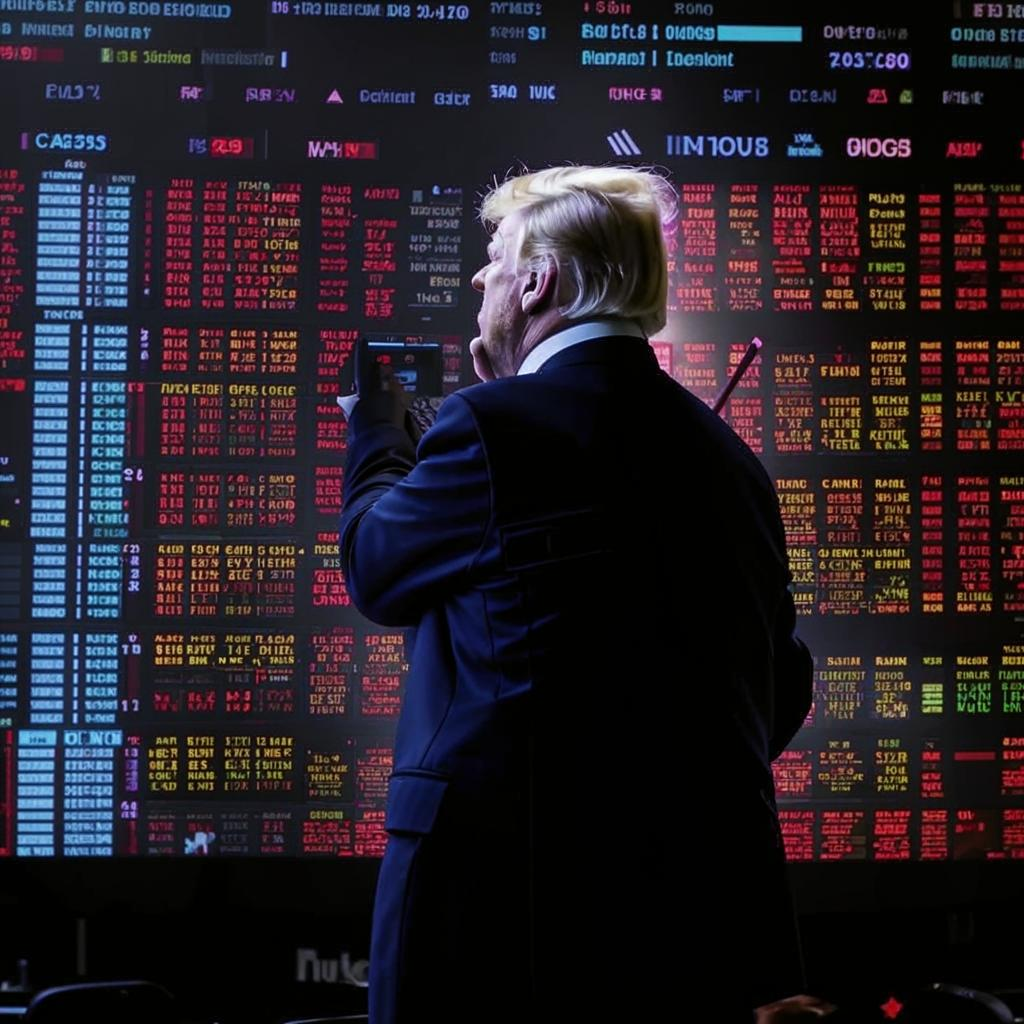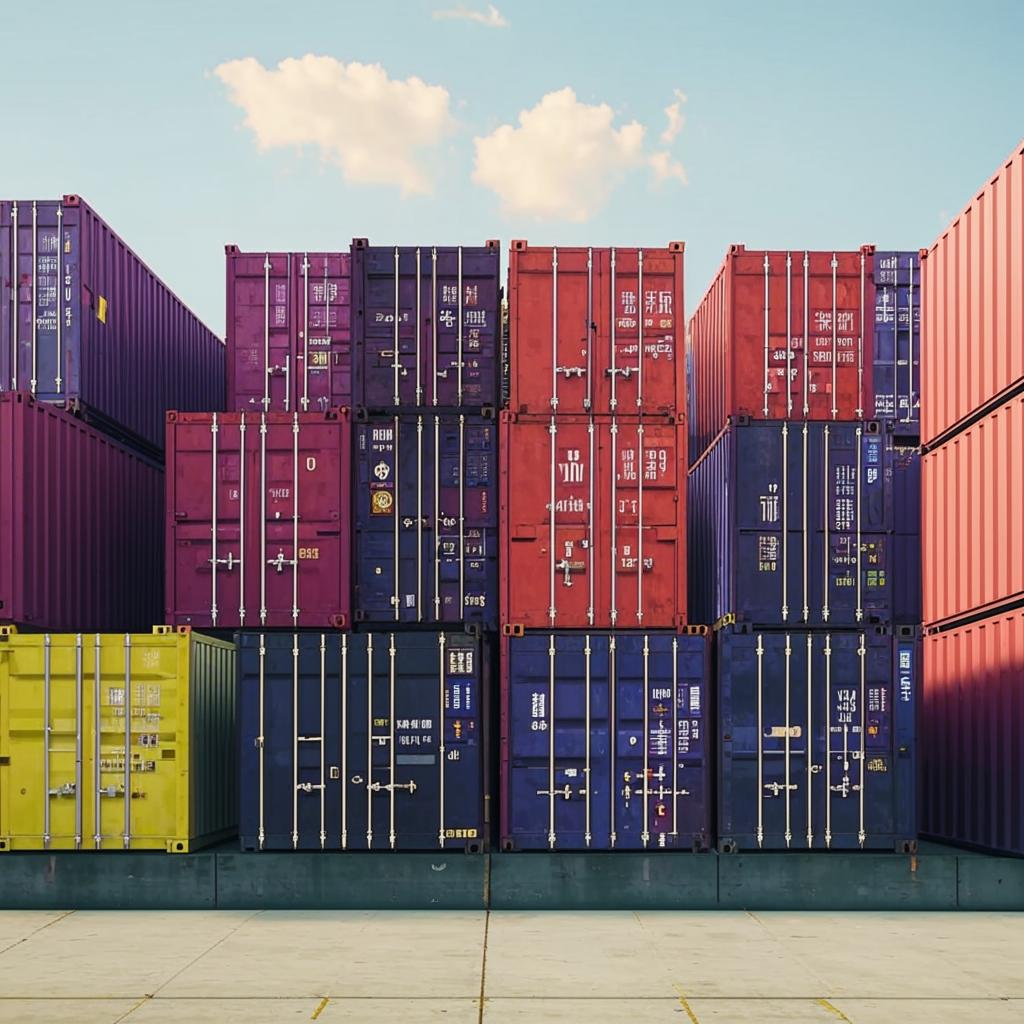The escalating trade war has produced unexpected twists, impacting sectors far beyond those initially targeted. One unlikely beneficiary has been the U.S. chicken industry, finding a surge in exports to Mexico amidst the trade tensions.
As tariffs rose on various American goods, Mexico sought alternative sources for certain commodities. U.S. chicken, already competitively priced, became an attractive option. This provided a welcome boost to American poultry producers, who had been facing challenges in other international markets.
However, the trade war is a double-edged sword. While some sectors like chicken may temporarily benefit, others, such as the pickup truck industry, face significant headwinds. The imposition of tariffs on steel and aluminum has increased the cost of manufacturing trucks in the U.S., making them less competitive on the global market.
The situation highlights the complex and often unpredictable consequences of trade wars. What begins as a targeted effort to protect domestic industries can quickly ripple through the economy, creating winners and losers in unexpected places. The future remains uncertain, with businesses closely monitoring developments and adapting to the ever-shifting landscape of international trade. Ultimately, the long-term effects of these tariffs on global commerce and economic growth are yet to be fully understood.













